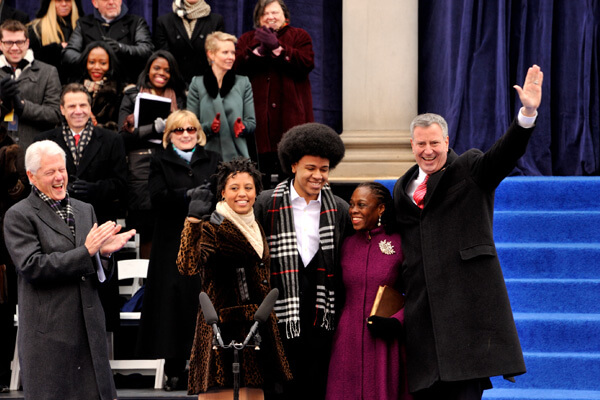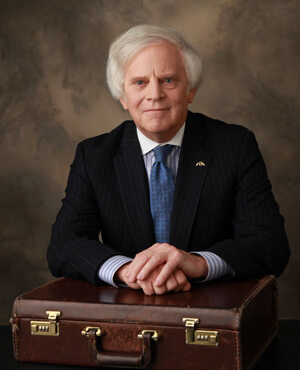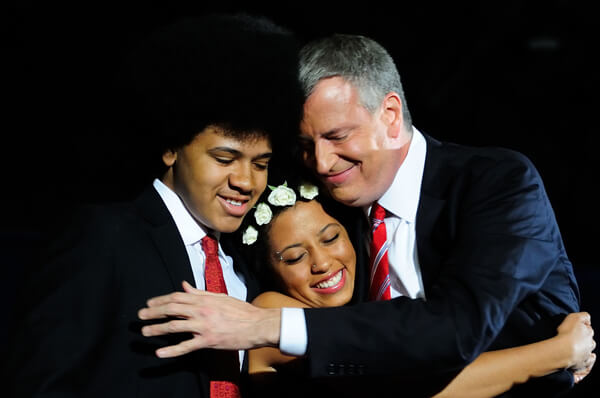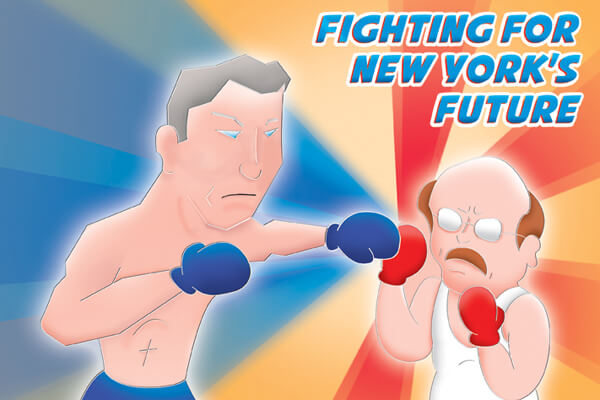In a decision notable for its lack of empathy for transgender people and the slights and humiliations they suffer on a regular basis, US District Judge Gregory H. Woods granted New York City’s motion to dismiss a complaint from a man of transgender experience that his 14th Amendment rights were violated when police declined to take action despite ongoing transphobic verbal harassment of the man.
According to the court’s September 12 opinion, Marlow White complained to police in May 2015 that Napoleon Monroe, a man who frequented the Harlem neighborhood where White lives, subjected the trans man to continued verbal harassment and made a variety of threats. White, in his lawsuit against the NYPD and the city, alleged that the police who responded were blatantly transphobic, treating him as somebody unworthy of respect, and suggested they would not lift a finger to help until somebody was seriously injured.
Woods’ opinion concluded that in the absence of a ruling by the Second Circuit Court of Appeals — under whose jurisdiction he serves — holding that gender identity is a form of sex discrimination subject to heightened scrutiny review, as the US 11th Circuit has found, the police officers’ refusal to do anything to stop Monroe’s harassment of him need only be justified on a “rational basis.” Applying that standard, the judge found that the officers’ discretionary decision not to arrest somebody who had yet to commit a violent crime was not so arbitrary that it subjected them to liability for violating White’s constitutional rights.
US court says officers had discretion to ignore harassment claims
Under the US Constitution’s Due Process clause, Woods found, the police officers had no obligation to prevent one citizen from subjecting another to verbal harassment and threats as long as they were not enabling or encouraging harm to White.
White’s allegations of past incidents involving the police and their dealings with transgender people were not sufficient to demonstrate an official NYPD policy of disparate treatment of transgender people, Woods concluded.
Transgender rights organizations could doubtless supply a panoply of evidence about police disrespect for the human rights and dignity of transgender people, but unfortunately the evidence presented here seems to have been minimal.
“White’s conclusory allegations regarding the City’s alleged failure to train its police officers fail to state a claim,” wrote the judge. “He states that ‘adequate training regarding issues peculiar to persons of trans experience will make it substantially less likely that the rights of persons of trans experience will be violated.’” White’s complaint, however, did not provide facts supporting “a pattern of similar constitutional violations, such that the City was on notice that different, or additional, training was needed.”
White is represented by Donald Robert Dunn, Jr., of the Bronx. Since the complaint was dismissed “without prejudice,” White could come back with a new complaint, supported by a more complete factual record of the NYPD’s failure to provide non-discriminatory law enforcement protection to trans citizens, to allege that the city has liability in this matter.
Woods’ summary of White’s allegations, however, should put the NYPD’s leadership, the City Law Department, and the de Blasio administration on notice that it must provide appropriate training at the precinct level for cops in dealing with transgender citizens — something the NYPD voiced a commitment to dating back to Mayor Michael Bloomberg’s time in office. Not only is this, of course, the right thing to do, but it is also possible that the Second Circuit will eventually decide that gender identity discrimination is a form of “sex discrimination,” as the 11th Circuit, the Equal Employment Opportunity Commission, and other federal agencies have. If the Second Circuit or the Supreme Court does that, the NYPD’s actions on such matters will be held to heightened judicial scrutiny — and so could be difficult to justify in a courtroom.


































